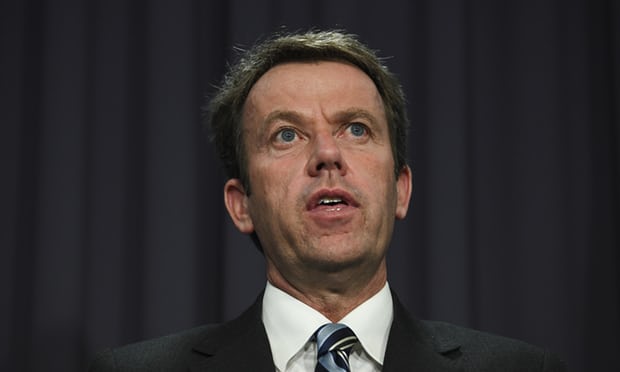Child Sexual Abuse: All States on Board for Redress after Wa Resolves Doubts
By Melissa Davey
Western Australia, the only remaining state not to sign up to the national redress scheme for child sexual abuse survivors, has resolved its concerns with the federal government, and its attorney general will now put the scheme to cabinet. As the council of attorney generals prepared to meet in Perth on Friday the federal social services minister, Dan Tehan, told Guardian Australia that sticking points with WA, including who was responsible for redress for 3,000 Commonwealth child migrants settled in WA after the second world war, had been resolved. “We have agreed on all remaining issues and the WA attorney general is now seeking approval to join the scheme through their cabinet processes,” Tehan said. The redress scheme and how it should operate formed a significant part of the recommendations handed down by the child sexual abuse inquiry in December. While the commission made some 400 recommendations, much work since then has focused on establishing the redress scheme and getting the state and territory governments, churches, charities and other non-government institutions to sign up. With the Catholic, Anglican and Uniting churches all on board, and the states and territories reaching agreements with the federal government, most eligible survivors will now be covered by the scheme set to start on 1 July. A Senate inquiry into the scheme is due to report on 15 June. Survivors met Malcolm Turnbull’s office in Canberra this week to have their say on a national apology, which the prime minister has committed to make by the end of the year. The president of the Blue Knot Foundation, Cathy Kezelman, said abuse advocacy groups and survivors were keen to see other key recommendations addressed, such as the proposal for a National Office for Child Safety and a national framework to prevent child sexual abuse. More than 50 other recommendations require intergovernmental collaboration. But redress had been a priority for survivors, Kezelman said. “Redress is only a part of survivors receiving the right support but it is an important part,” she said. “I know the federal government has been working very hard to get everything in place for redress to happen. This is a great result, as it was looking dismal, at times, in terms of it truly being a national scheme.” But she said support groups and governments needed to brace themselves for the thousands of victims who would race to sign up and who would be seeking information about their eligibility from July. “There will be a lot of work to do to communicate how to go about this process,” she said. State governments have begun reforming their laws to meet the royal commission recommendations. On Wednesday NSW introduced a bill establishing new offences for failure to report and failure to protect against child abuse, and requiring courts not to take into account an offender’s good character when sentencing for historical offences where their reputation facilitated the offending, among other amendments. The NSW attorney general, Mark Speakman, has committed to respond to all of the royal commission’s recommendations relevant to NSW by the end of the month. “The royal commission laid bare the appalling abuse inflicted on children in the very institutions within which they were entitled to feel safe,” he told Guardian Australia. “NSW recognised this by being the first state to pass legislation enabling the national redress scheme to proceed and recently introducing a bill responding to the royal commission’s criminal justice report.” In May, Victoria passed new laws quashing a legal loophole preventing child abuse survivors from suing some organisations for their abuse. Under the new laws, unincorporated organisations – including religious institutions – will be given an opportunity to nominate a legal entity with sufficient assets for child abuse survivors to sue. If an organisation does not comply, courts will have powers to appoint the unincorporated organisation’s associated trusts to be sued on their behalf and pay compensation to victims. It has also reformed 50 sexual offence laws and, like NSW, introduced a number of new criminal offences to protect children.
|
.
Any original material on these pages is copyright © BishopAccountability.org 2004. Reproduce freely with attribution.
